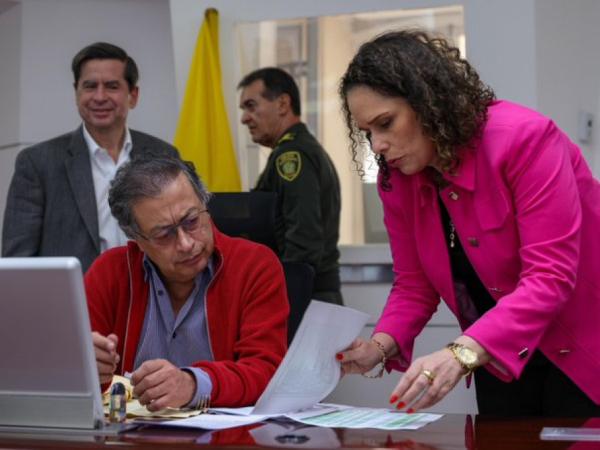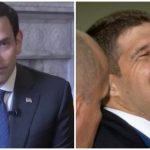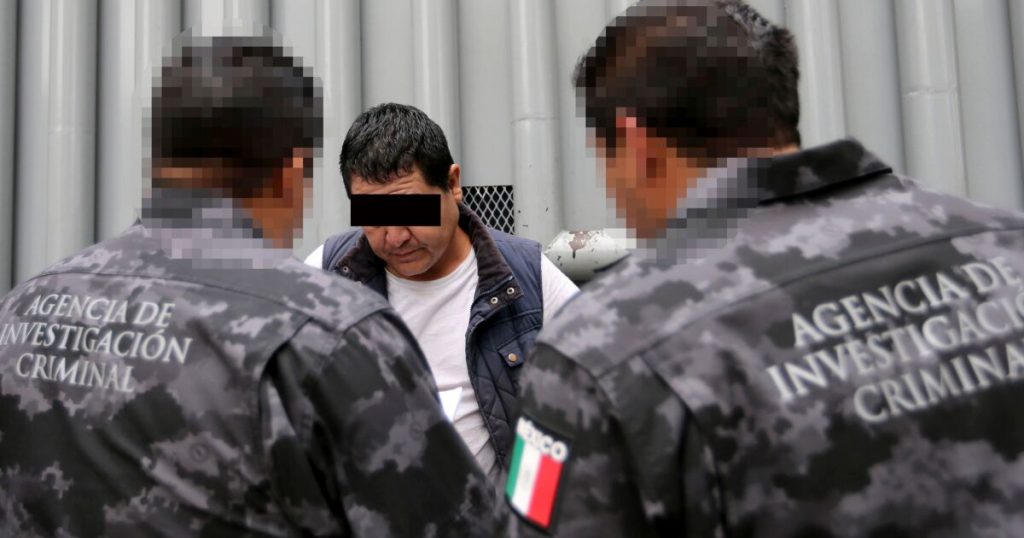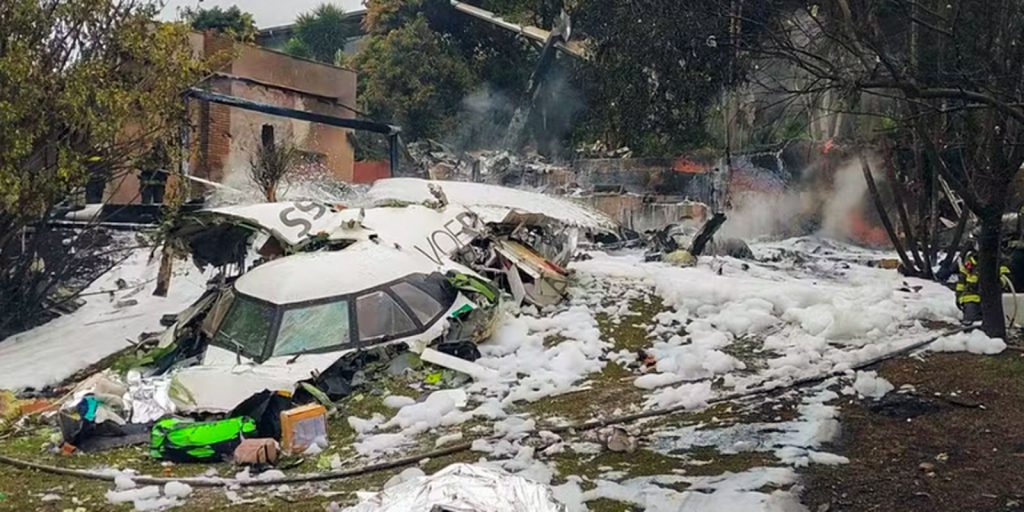The truckers’ strike was lifted thanks to the agreement between this union and the National Government. One of the lessons learned that revives an old controversy due to the effects generated, is that the country must end fuel subsidies as soon as possible, a task that has already been done with gasoline, but still has major pending issues. with diesel or ACPM, which has clearly been done gradually and in a concerted manner.
Although the strategy of subsidizing these products was born as part of the reactivation measures that were needed in times of pandemic, it is no secret that it is not to the liking of the current government, since President Gustavo Petro believes that these resources can be used for other issues, such as education or fighting poverty, mainly in the regions.
More news: This was the agreement that allowed the truckers’ strike to be lifted in the country
Through social media, the Head of State referred again to this point of controversy, focusing on how expensive it has been for the nation’s accounts, generating a conversation in which the creators of this measure themselves came out to tell him not to look in the past for the causes of the crisis and the fiscal deterioration that he has generated with his decisions.
Billionaire gap
Among his post-strike reflections, the President of the Republic said that they never imagined the magnitude of the challenge they had to face with the Fuel Price Stabilization Fund (Fpec) and having frozen the price of fuel in 2019, which from his perspective, although they generated savings in the short term, in the long run they were too expensive for Colombians.
Fuels
iStock
“Not even during the campaign did we know, neither we nor any Colombian who was not the rulers at the time, that they were leaving us with a growing gap of debt with Ecopetrol that was already reaching to $50 billion, for freezing the price of fossil fuels since 2019,” he began by saying.
He warned that “if gasoline prices did not rise first and now diesel prices, there would be no more public investment in Colombia and we would be in an economic depression. The whole society would be working just to pay the public debt,” highlighting that there was a huge sacrifice on fronts such as education and public health.
You may be interested in: ‘We have resolved it faster than they thought,’ says Petro on the agreement that ended the strike
“We have paid almost $30 billion to Ecopetrol from the budget. More than what we “The consumer citizens have paid for the increase in gasoline and, now marginally, for diesel. That money would have filled the country with university campuses and would have improved public hospitals and health centers,” said Petro Urrego.
He thus insisted that the fight to close the gap that remains in force with the diesel subsidy will continue, a task in which he invited the truck drivers to sit down and discuss, recalling that the priority is to guarantee that in the future there is development and the closing of social gaps.
Don’t look at the past
Faced with these accusations, former Finance Minister José Manuel Restrepo came out in defense of the origins of this measure, which for him was necessary considering the moment Colombia was experiencing at that time, while inviting President Petro to stop looking back so much and understand that their decisions also had consequences.

Diesel
iStock
“President. What we Colombians did not know is that you were going to freeze the price of diesel as part of your campaign policy and that two years later you changed your mind, even though it was advisable to close the price differentials, as we initiated and made clear to you in the handover that it should continue, according to the Fiscal Framework,” Restrepo Abondano began by saying.
That being the case, he was emphatic when asking the President if “it did not seem to him”and populism then that you made the decision not to make that price adjustment and generate the deficit in ACPM”, highlighting that he has been in government for two years and has not raised “even a peso” the cost of diesel to consumers.
Other news: Household consumption could have a better second half than expected
“But what we Colombians also didn’t know is that what you really wanted was to start the waste fair, instead of investing in productive and social matters. How do you explain to Colombians that between 2023 and your 2025 budget, operating expenses (bureaucracy, waste and unnecessary transfers) will grow by $117 billion, the equivalent of 8 tax reforms,” said José Manuel Restrepo.
In this way he warned that if he does not urgently reduce the expenditure items, there will be no pocket that can hold out and on the contrary an imbalance will continue to be generated that could keep the country in the economic stagnation that continues in force, especially when seeking to establish a new tax reform.
















